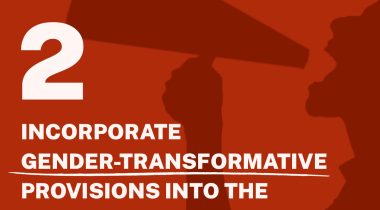
John Christensen ■ Flipping the corruption myth

TJN has previously challenged the prevailing discourse on corruption; and we have taken particular issue with Transparency International’s Corruption Perceptions Index (CPI), which looks at corruption through a highly distorted prism. In this article published by Al Jazeera, Jason Hickel of the London School of Economics takes up the theme, asking questions such as: “With the City of London at the centre of the global tax haven web, how does the UK end up with a clean CPI?” Fair point, and one we have posed to Transparency International on more than one occasion.
We think the CPI should be buried, and offer – as alternative – an entirely different geography of corruption which focuses on the supply side of financial market secrecy.
Read Hickel’s article in its entirety, and note his concluding comments:
Corruption is a major driver of poverty, to be sure. But if we are to be serious about tackling this problem, the CPI map will not be much help. The biggest cause of poverty in developing countries is not localised bribery and theft, but the corruption that is endemic to the global governance system, the tax haven network, and the banking sectors of New York and London. It’s time to flip the corruption myth on its head and start demanding transparency where it counts.
Related articles
The elephant in the room of business & human rights
UN submission: Tax justice and the financing of children’s right to education
14 July 2025
One-page policy briefs: ABC policy reforms and human rights in the UN tax convention
Tax justice pays dividends – fair corporate taxation grows jobs, shrinks inequality

The Financial Secrecy Index, a cherished tool for policy research across the globe

Vulnerabilities to illicit financial flows: complementing national risk assessments
UN Submission: A Roadmap for Eradicating Poverty Beyond Growth
A human rights economy: what it is and why we need it

Do it like a tax haven: deny 24,000 children an education to send 2 to school


